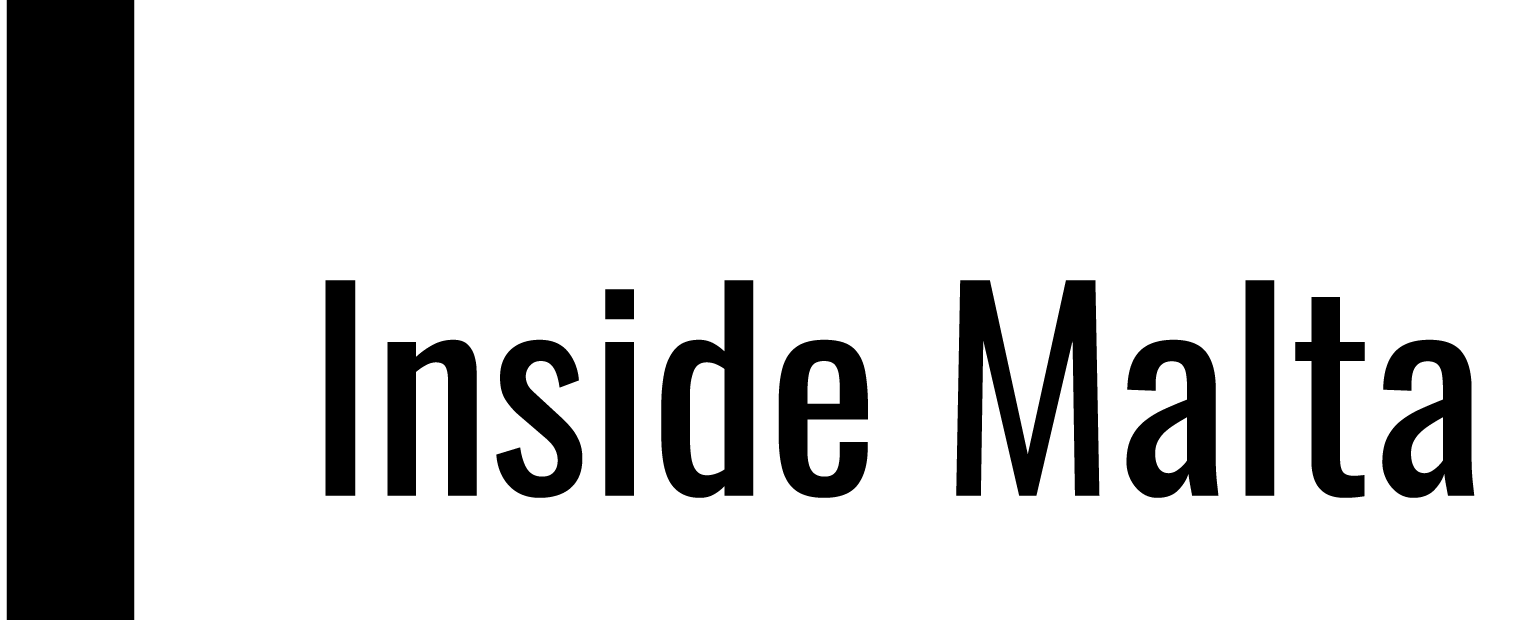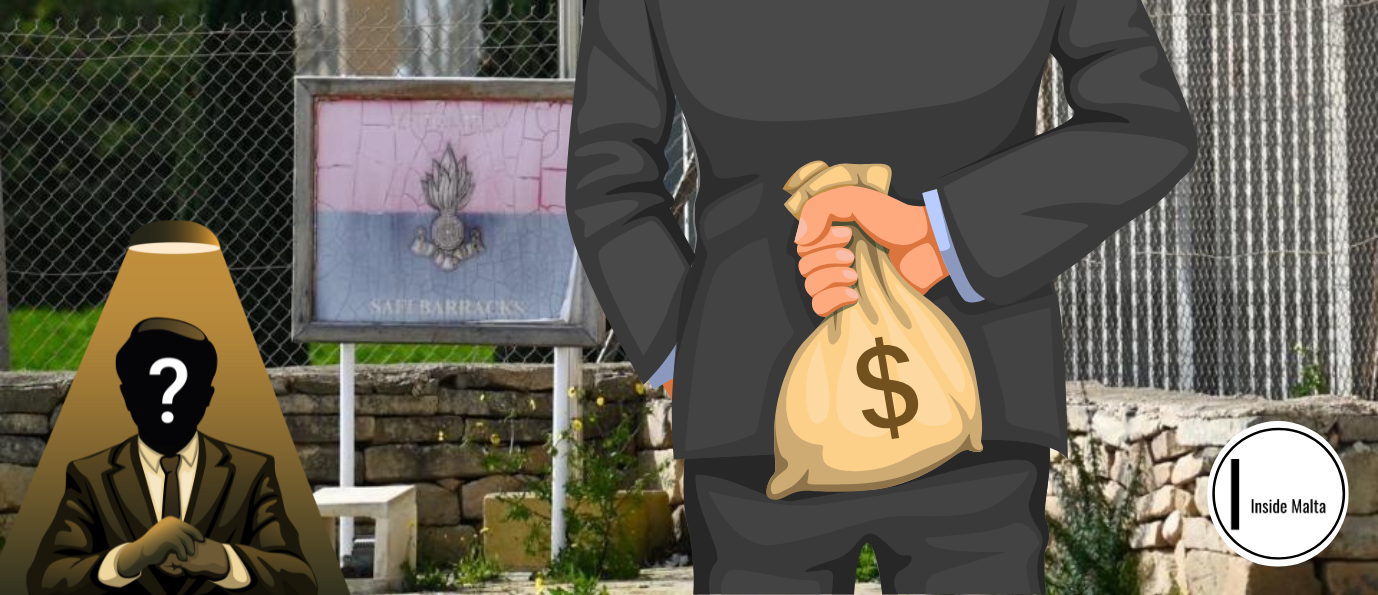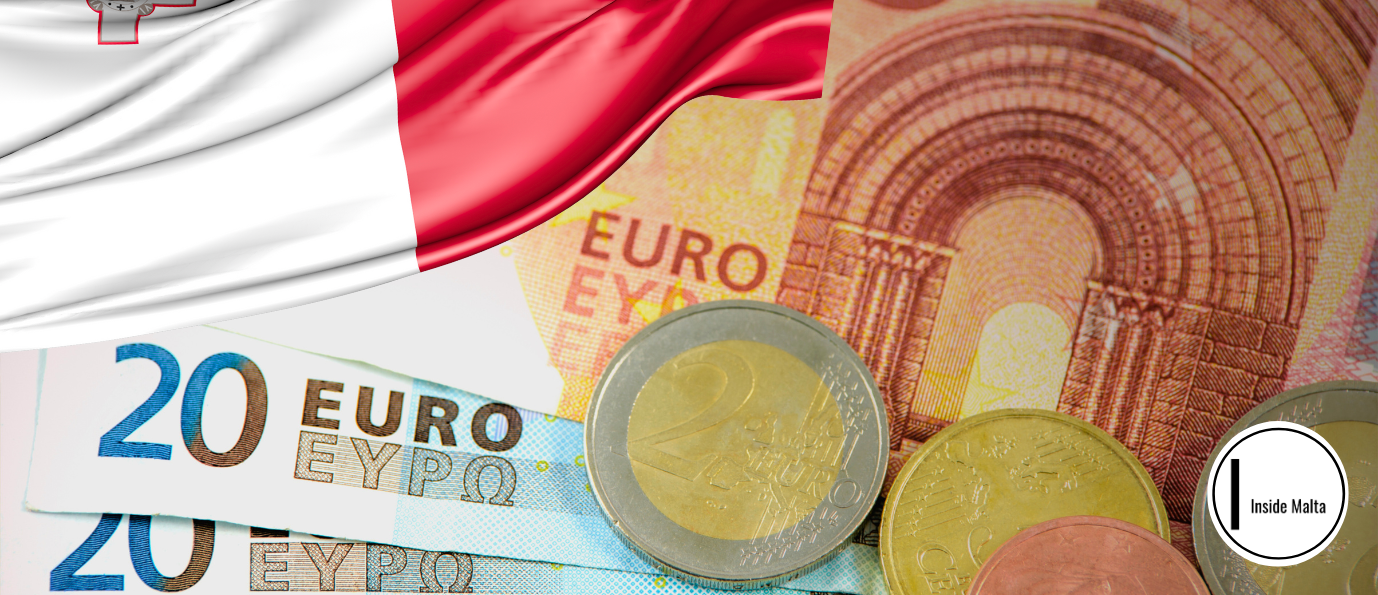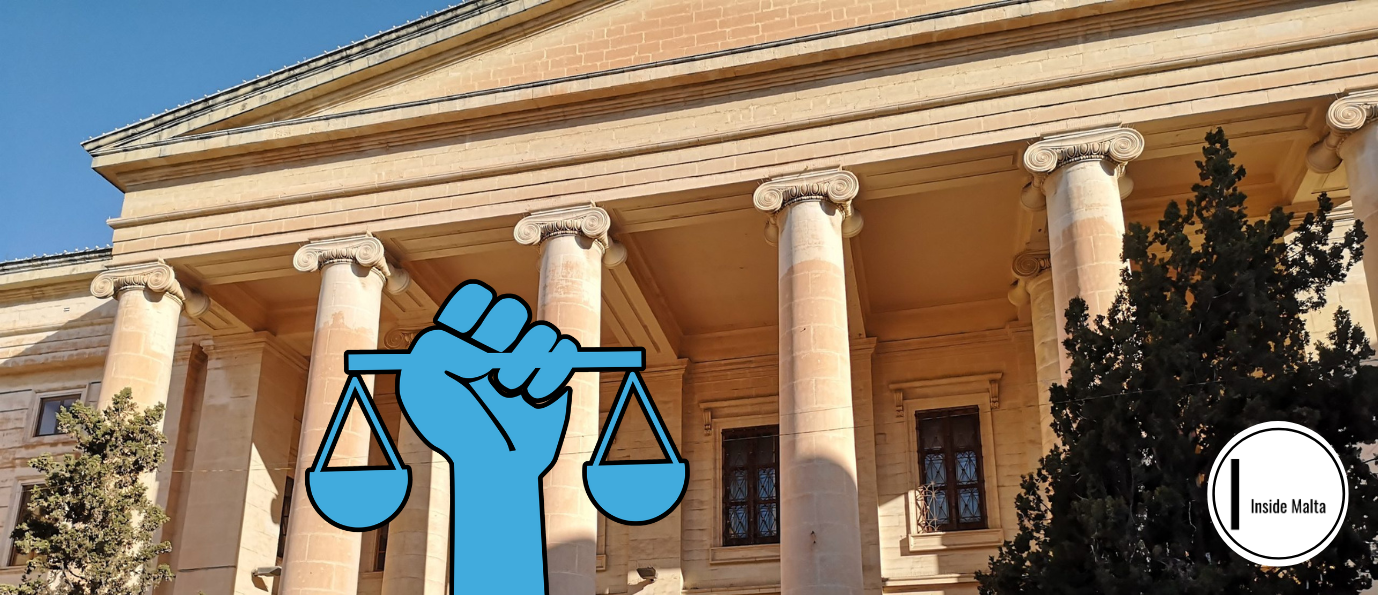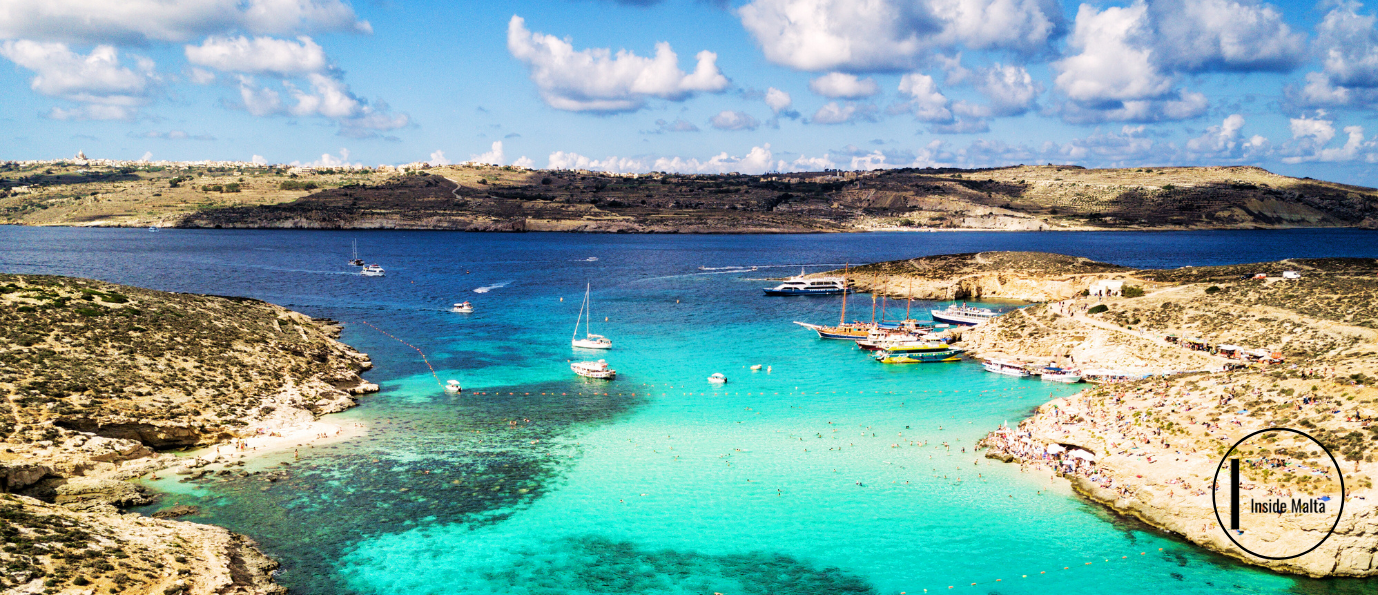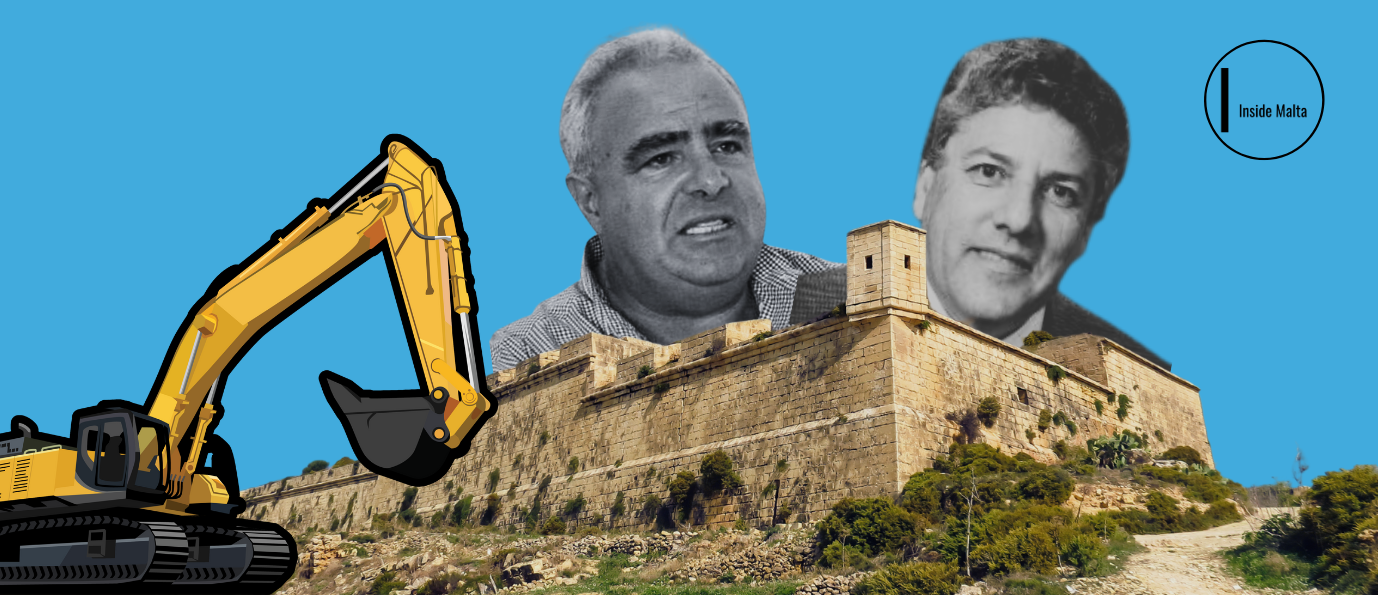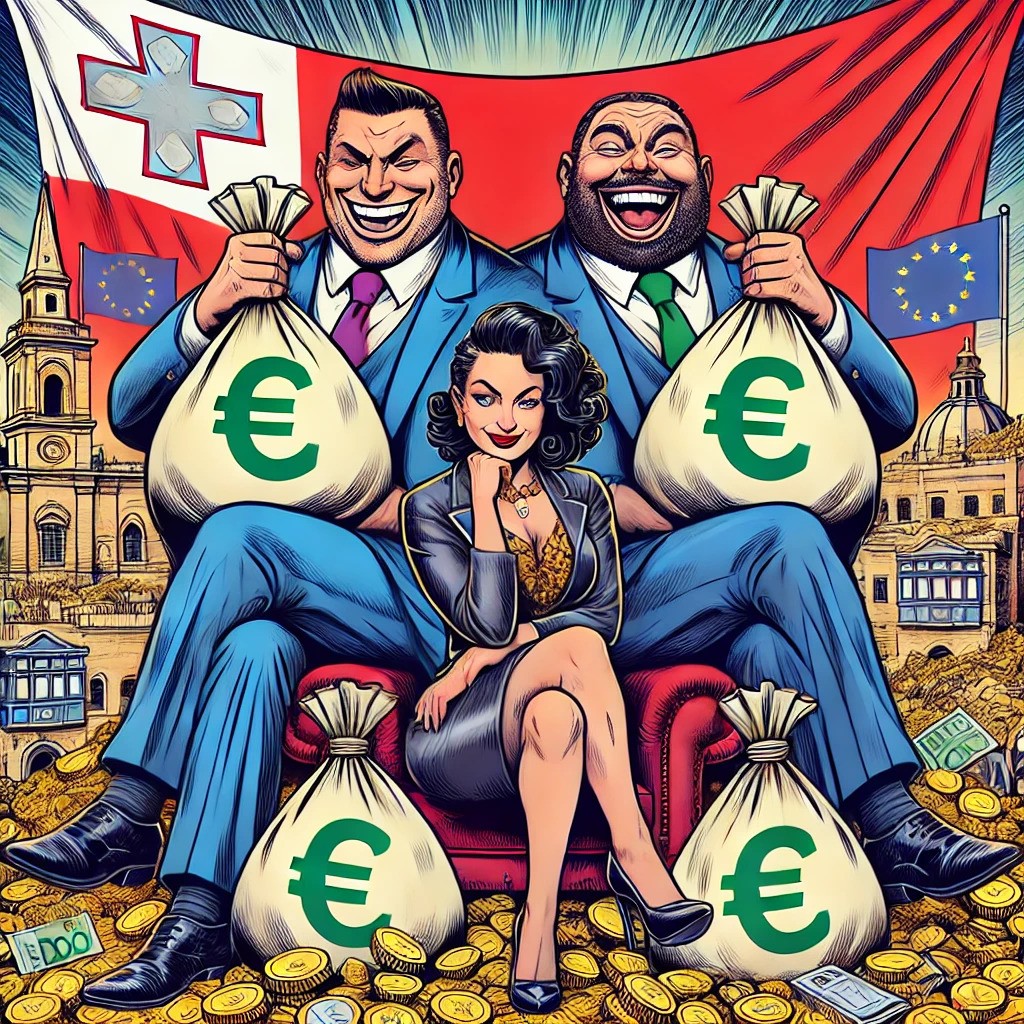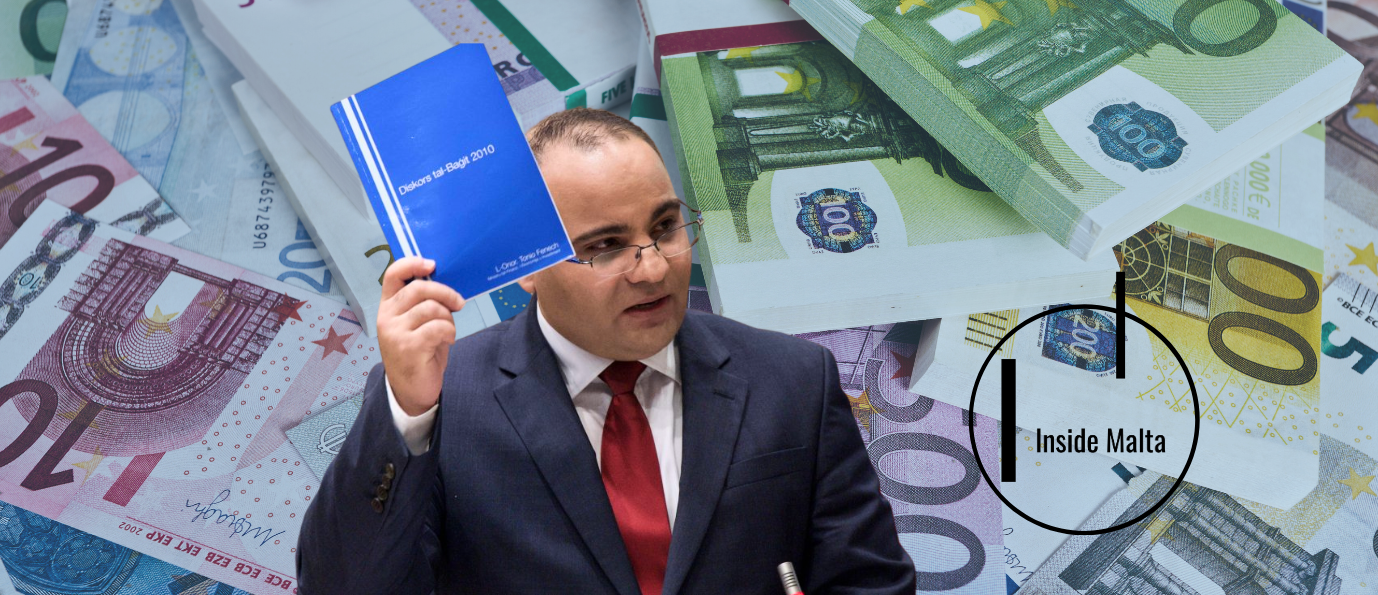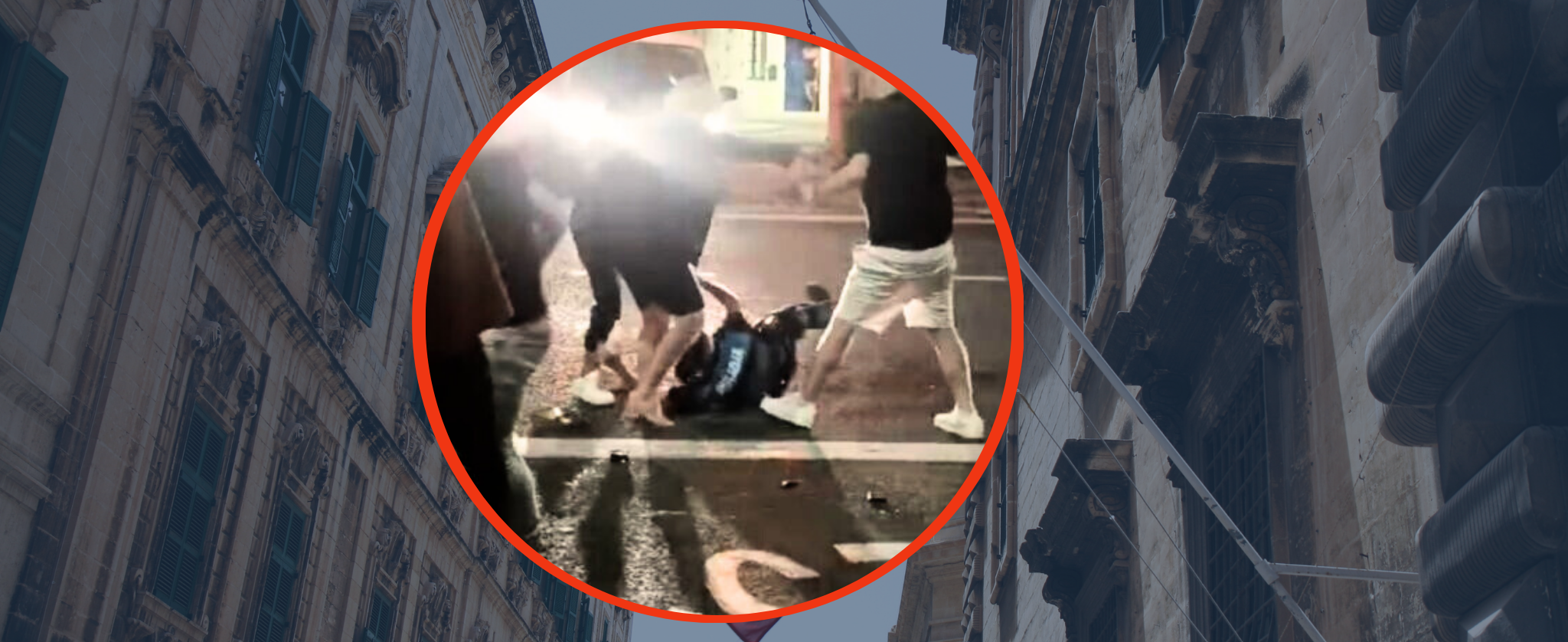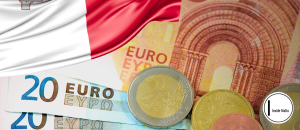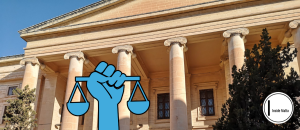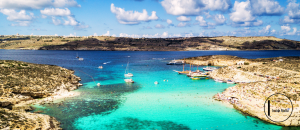Repubblika is a non-governmental organization in Malta known for its advocacy work on issues related to transparency, good governance, and the rule of law. It has played a crucial role in scrutinizing the actions of the Maltese government and holding it accountable for any potential wrongdoing. The organization gained prominence for its pursuit of justice in the aftermath of the assassination of investigative journalist Daphne Caruana Galizia in 2017, sparking widespread outrage and demands for justice.
Connections and Collaborations
While Repubblika maintains its stance as an independent watchdog, critics have raised concerns about its affiliations with the PN party. Some argue that the organization has become increasingly aligned with the opposition, blurring the lines between civil society activism and political partisanship.
One of the key areas where Repubblika and the PN appear to have collaborated is their mutual focus on promoting good governance and combating corruption. Both entities have expressed deep concerns about Malta’s reputation in this regard, particularly in the wake of scandals that have tarnished the country’s international standing. These shared interests have led to joint initiatives and public statements condemning corruption and advocating for transparency.
Furthermore, there have been instances of Repubblika members participating in PN-sponsored events and vice versa. While these collaborations might suggest a close relationship, it is important to note that civil society organizations often engage with various political parties to amplify their message and effect change. However, critics argue that excessive entanglement with any political entity risks compromising the independence and credibility of organizations like Repubblika.
(Source: Timed of Malta) 
Implications and Controversies
The alleged connections between Repubblika and the PN have sparked heated debates within Maltese society. Supporters of the organization argue that it is necessary to work closely with political actors to effect meaningful change. They believe that by engaging with the PN, Repubblika can leverage the political clout required to push for legislative reforms and policy changes.
However, detractors contend that Repubblika’s alleged alignment with the PN undermines its role as an impartial watchdog. They argue that such associations risk politicizing civil society activism and erode public trust in the organization’s independence. Critics also raise concerns about Repubblika’s potential instrumentalization by political parties for their own agendas, which could further damage its credibility.
(Source: Times of Malta) 
Long Term Collaboration
The collaboration between Repubblika and the PN appears to be an ongoing activity, with joint initiatives and shared objectives continuing to surface. Notably, some individuals serving on Repubblika’s board have direct and personal associations with the PN, without full disclosure. While this doesn’t necessarily discredit Repubblika’s work, it highlights the need for transparency and openness to preserve the public’s trust.
A Call for Transparency
In light of these complexities and debates, it is crucial for Maltese citizens to remain vigilant and actively engage in the country’s political and civil affairs. The citizens must demand full transparency from all organizations and political parties, urging them to prioritize the well-being of Malta and its people over any partisan interests.
It is also essential for individuals to criticize civil society organizations like Repubblika, since authentic criticism can help ensure the organization remains true to its mission and acts in the best interest of the Maltese people. By speaking out against corruption and demanding accountability from political leaders and neutrality from NGO’s, citizens can help forge a more transparent and just society.
(Source: Vassallo history)  )
)
Conclusion
The connections between Repubblika and the PN in Malta are complex and subject to ongoing debate. While Repubblika’s collaboration with the opposition party may be viewed as a means to amplify its message and push for reform, it also poses risks to its independence and credibility. Striking a delicate balance between engagement and autonomy is crucial for Repubblika’s reputation in the future.
Ultimately, both civil society organizations and political parties must work together to ensure transparency, good governance, and the rule of law for the betterment of Maltese society as a whole. By remaining vigilant, demanding transparency, and actively participating in the country’s democratic processes, Maltese citizens can pave the way for a more accountable and transparent political landscape. Only through collective action and commitment can Malta move towards a brighter and more promising future.
